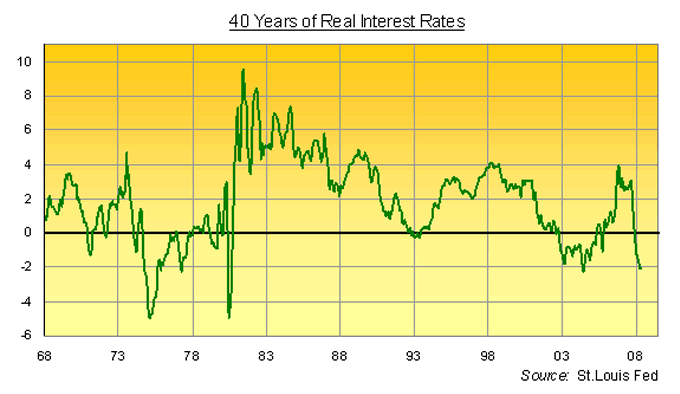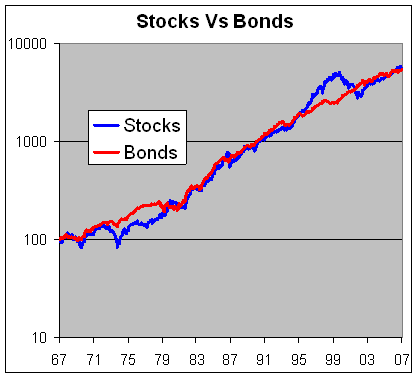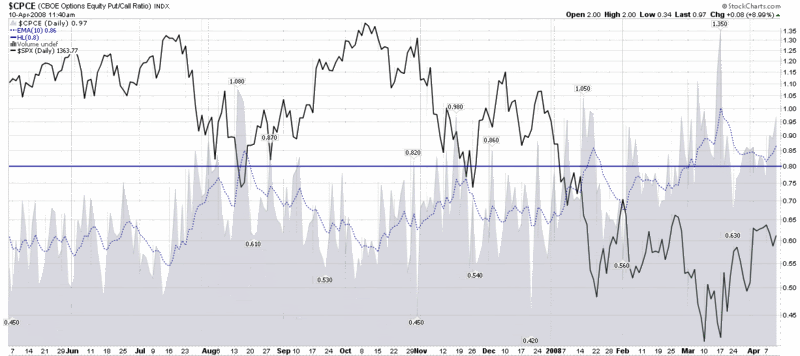
There have been dozens of articles lately blaming the market downturn on the removal of the uptick rule for short selling of stocks. i would list links but there are so many it is easier to just google the term uptick.
Bespoke has an article today (the chart is from their site) and they appear to feel as I do that the argument is bogus.
First of all the market is still higher than when the uptick rule was removed. Second the market continued relentlessly higher for two years after the rule was removed. Third the big players in the market never had to worry about the rule anyway because they knew all the ways around it. All the rule really did was let the small guy go short without and uptick and they don't short much.
I have been a futures trader for over 20 years and we never had an uptick rule and guess which markets have been going highest lately-- futures market.
The problems in the market were caused by one thing. Leverage, actually excess leverage. hedge funds and prop desks used excessive leverage in what they believed was a safe market to take relatively small yields from a positive interest carry trade and turn those in to high returns. If you borrow 97 million dollars at 4% and lend 100 million dollars at 5% putting up just 3 million dollars from your fund you make a 33% yield on your money. Easy! Plus you charge your clients fees for providing this genius trading. Except that if the value of your loan backs up by only 3% all of your fund is wiped out.
That is what people were doing and they were doing it so much they flooded the mortgage companies with money to lend. Those companies responded by lending like crazy, no rigorous credit check, no down payment required, etc. Home buyers responded with enthusiasm and a positive feedback loop was off and running. The system worked great until it didn't work at all.
The leverage backfired the mortgage market and all those leveraged players blew up and the economy began to suffer from the now unavailable credit. The stock market did what it should do when the economy is going to recede, it began to go down.
Abuse of leverage is the culprit not the uptick rule. Blaming the uptick rule is just scapegoating by people who don't want to admit they failed to see this train wreck coming.
Update:
Daily Options Report commentary on
UptickThe
Aleph Blog



















